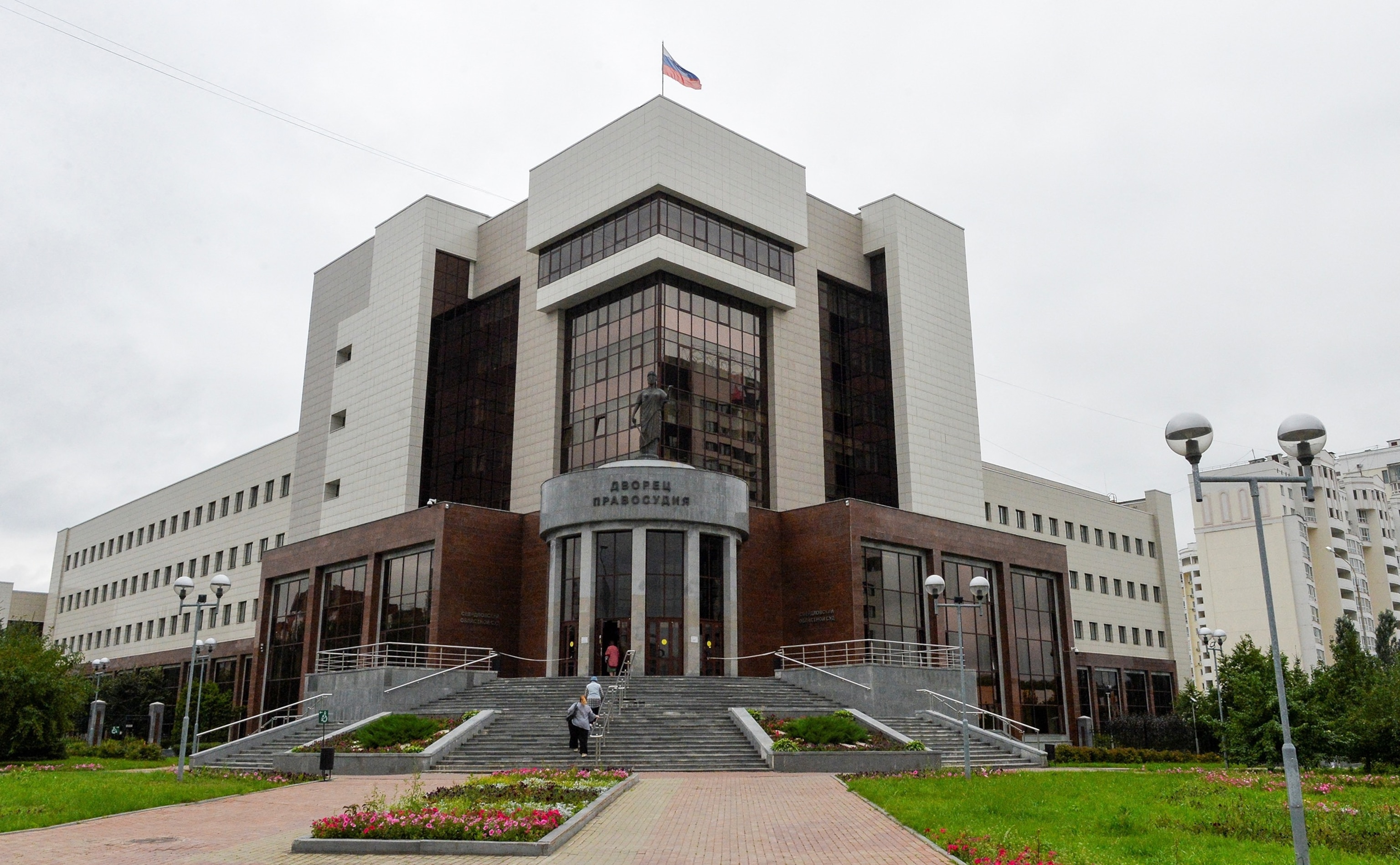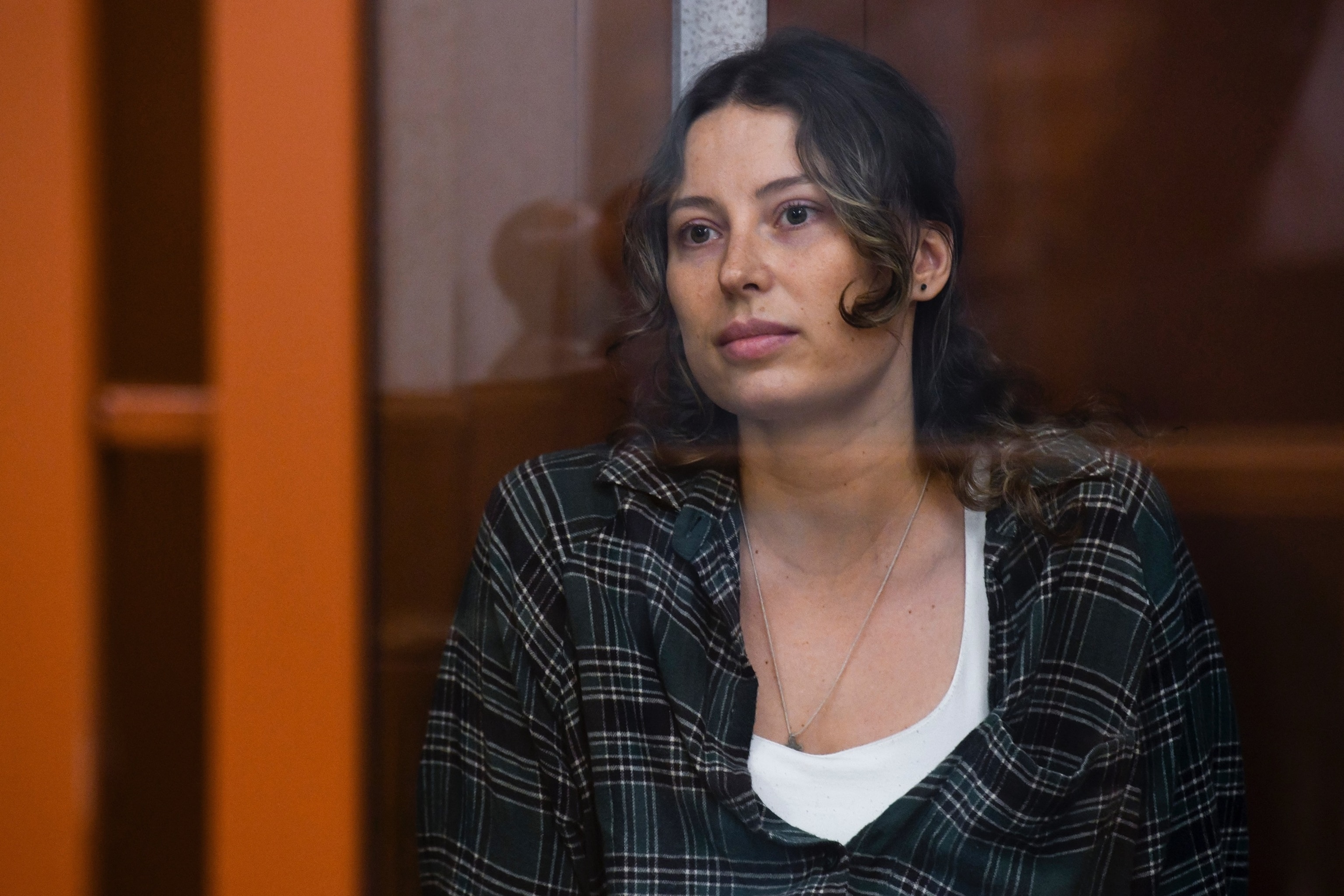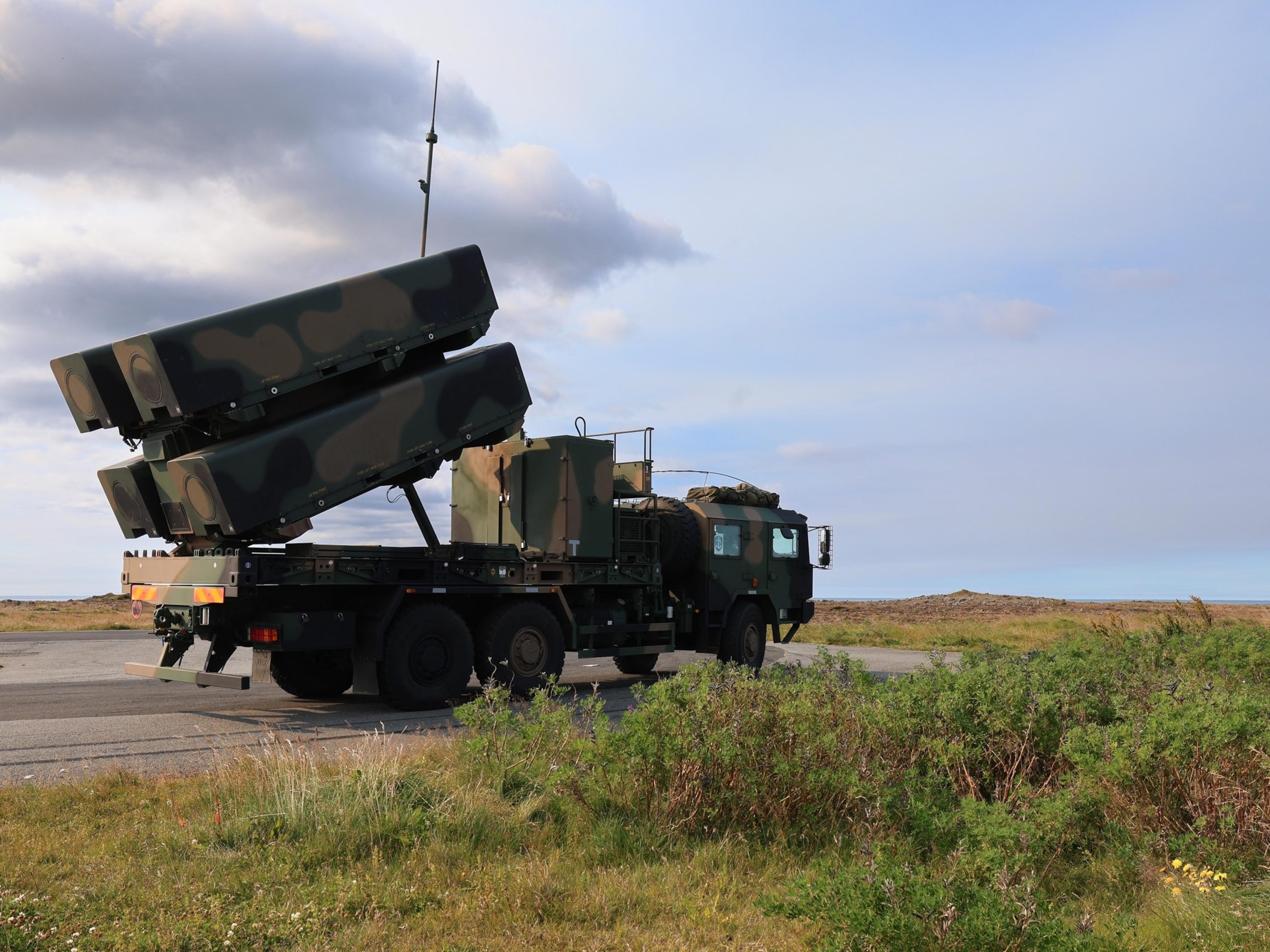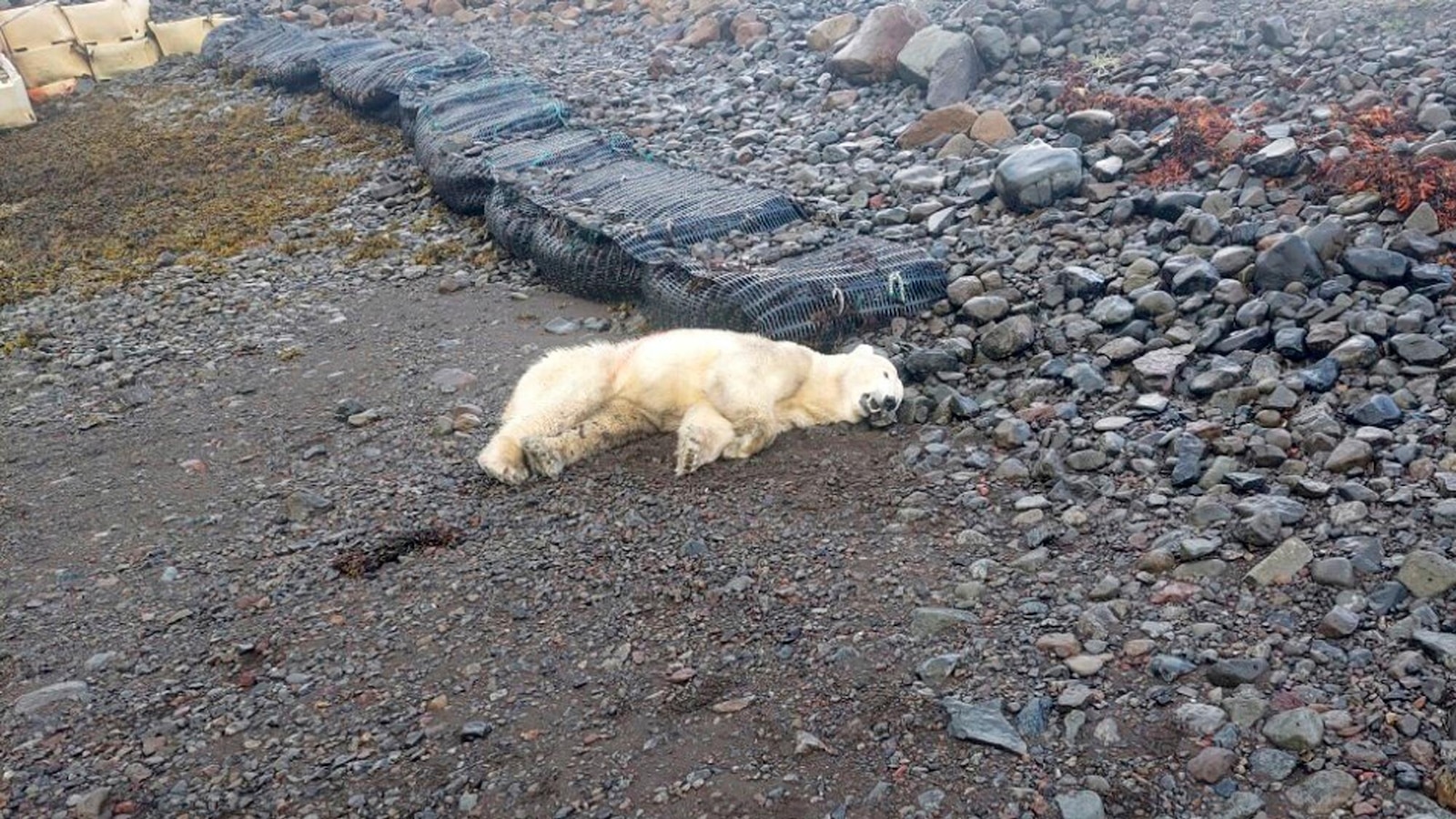LONDON — Ksenia Karelina, a dual American-Russian citizen, was sentenced Thursday to 12 years in a Russian penal colony on treason charges, local media reported.
Karelina was arrested in January and charged with treason, according to Russian state media and the court. She plans to appeal the verdict, her lawyer told ABC News on Thursday.
The prosecution had sought a 15-year prison sentence after Karelina entered a guilty plea, according to the court. The prosecution had also asked for a 2-year probation period and a fine of 500,000 Russian rubles, or about $5,600, according to the court.

A portrait of Ksenia Karelina with her former in-laws and ex-husband in Maryland, on Dec. 13, 2015.
Eleonora Srebroski via Reuters
A former ballerina who lives in California, Karelina holds both U.S. and Russian citizenship. She was jailed for allegedly organizing fundraisers for Ukraine‘s military, attending pro-Ukraine rallies and posting messages against Russia’s war in Ukraine, according to Russian state media. Karelina also goes by Khavana,
The Sverdlovsk Regional Court had earlier extended her pre-trial detention in a jail in Yekaterinburg, Russia.
Investigators accused her of committing a crime under Article 275 of the Criminal Code of the Russian Federation. She was charged under that code with “high treason.”

A general view shows the Sverdlovsk Regional Court building before a hearing of the case of Russian-American dual citizen Ksenia Karelina, accused of treason for making a donation to a charity supporting Ukraine, in Yekaterinburg, Russia August 8, 2024.
Dmitry Chasovitin/Reuters
Mikhail Mushailov, a lawyer for Karelina, told ABC News at the time of her guilty plea that after the verdict he would seek her exchange, a move that Karelina had asked for.
The U.S. State Department was asked earlier this month about Karelina and other dual American citizens who were being held aboard. The question came as former U.S. Marine Paul Whelan, Wall Street Journal reporter Evan Gershkovich and Alsu Kurmasheva, a Russian-American journalist, were brought back to the United States through a mutli-country prisoner swap.

Ksenia Karelina, also known by the last name of Khavana, sits in a defendant’s cage in a court in Yekaterinburg, Russia, on June 20, 2024.
AP
The U.S.’s message for those who were still detained was “pretty simple,” Vedant Patel, a department spokesperson, told reporters during a press briefing. He added that “while today is a good day, that the work doesn’t stop.”
“And to the American citizens who continue to be wrongfully detained or held hostage around the world, let me just be very clear that this government, this administration, is not going to stop working,” Patel said.
ABC News’ Joe Simonetti, Will Gretsky and Shannon K. Kingston contributed to this report.
Former American ballerina Ksenia Karelina has been sentenced to 12 years in prison by a Russian court for treason. The shocking verdict has sent shockwaves through the ballet world and has left many wondering what could have led to such a drastic outcome for the talented dancer.
Karelina, who was born in the United States but moved to Russia to pursue her passion for ballet, was arrested last year on charges of espionage. The Russian authorities claimed that she had been passing sensitive information to foreign intelligence agencies, although the specifics of the allegations have not been made public.
The case has been shrouded in secrecy, with Karelina’s family and legal team expressing concerns about the fairness of the trial. They have argued that she was targeted by the Russian government for her connections to the West and her outspoken views on political issues.
Karelina’s supporters have described her as a dedicated and hardworking dancer who had no interest in politics or espionage. They believe that she has been unfairly targeted and are calling for her release.
The sentencing of Ksenia Karelina has raised questions about the state of human rights in Russia and the treatment of foreigners in the country. It has also highlighted the risks that artists and performers face when they choose to work in politically sensitive environments.
As the ballet community rallies around Karelina and calls for justice, it is clear that her case will continue to be closely watched by those who value freedom of expression and individual rights. The fate of this former American ballerina serves as a stark reminder of the challenges faced by artists in today’s increasingly polarized world.



